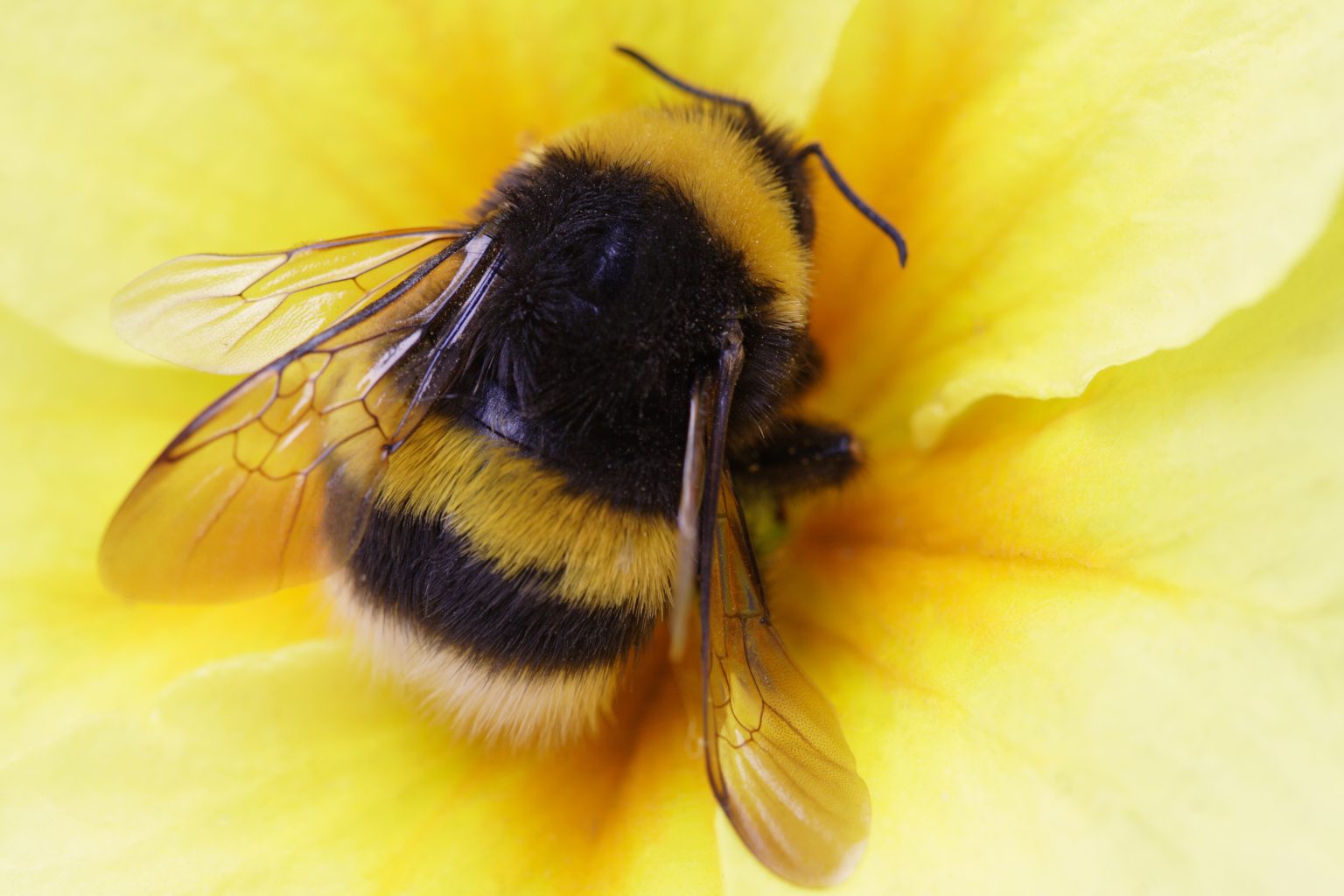In recent years, bumblebee populations have undergone a significant decline around the world, with a staggering 90 percent decrease in the past two decades. Various factors such as pesticide use, urban development, and climate change have been identified as contributors to this decline. Bumblebees play a vital role in ecosystems by pollinating flowers and crops, so their dwindling numbers are a cause for concern as it could lead to a decrease in crop production if left unchecked.
A recent study published in Frontiers in Bee Science sheds light on a new factor that may be contributing to the decline of bumblebee populations. The research, led by Peter Kevan from the University of Guelph in Canada, suggests that rising temperatures due to global warming could be a significant reason for the decrease in bumblebee numbers across the globe. The study found that bumblebees can survive in temperatures up to 36 degrees Celsius but thrive best in nests between 28 to 32 degrees Celsius. However, if temperatures rise above a certain point, it becomes lethal for the bees despite their ability to thermoregulate.
The study highlights the importance of maintaining optimal nest temperatures for bumblebee colonies to thrive. It notes that excessively high temperatures can be more harmful to organisms than cool temperatures, as metabolic processes start to break down and cease, ultimately leading to death. The research emphasizes that bumblebee colonies act as superorganisms, relying on collective survival, and if temperatures within the nest become too high, the entire colony may suffer. This knowledge of temperature thresholds across bumblebee species can provide valuable insights into how rising temperatures due to climate change may impact their populations in the future.
While the study focuses on bumblebees, similar research has shown that high nest temperatures can also threaten honeybee populations. This further highlights the detrimental impact that heat stress can have on bees in general. Further research is needed to fully understand the extent of the effect of high temperatures on bumblebee health and conservation efforts. Scientists hope that future studies will build upon the findings of this research to develop strategies to mitigate the impact of rising temperatures on bee populations and protect these vital pollinators.
As bumblebee populations continue to decline, it is crucial for policymakers, researchers, and conservationists to take action to address the various threats facing these important pollinators. Understanding the impact of climate change on bumblebee health and finding ways to mitigate its effects will be essential in safeguarding their populations for the future. The findings of this study provide valuable insights into the complex relationship between rising temperatures and bumblebee survival, emphasizing the need for urgent action to protect these vital species and the ecosystems they support.


